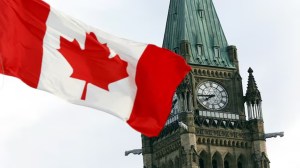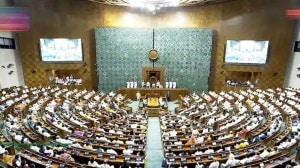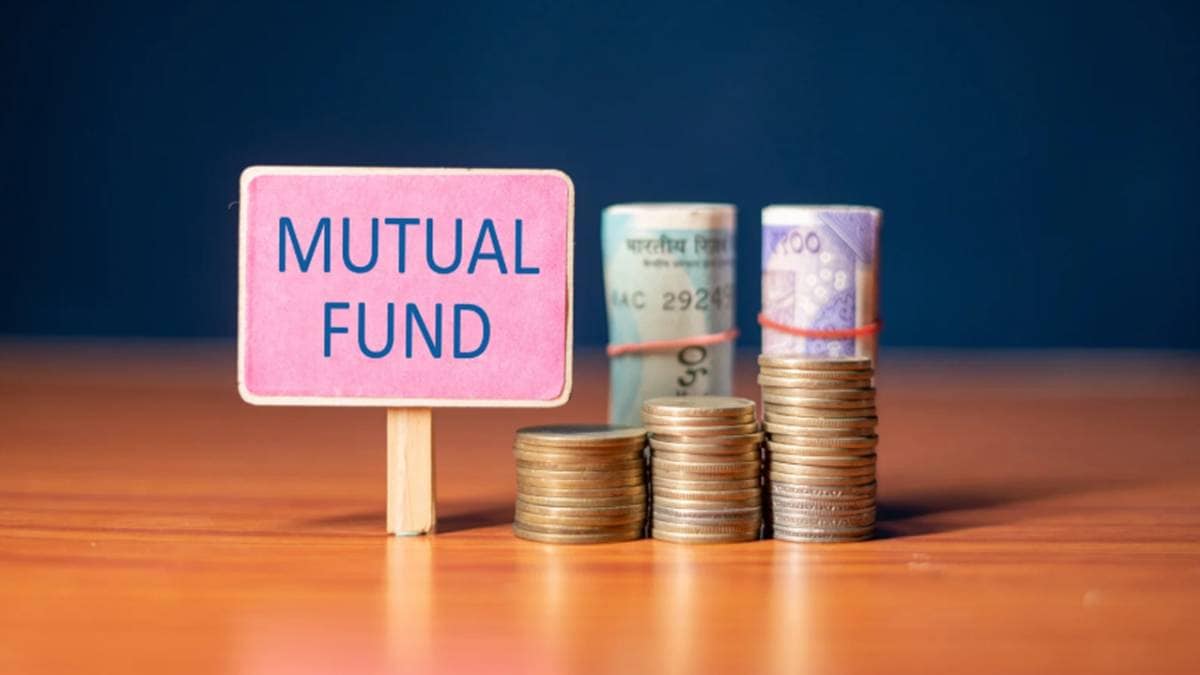-

Japan was hit by the strongest typhoon in 25 years on Tuesday, September 4, bringing violent winds and heavy rainfall that prompted evacuation warnings.
-
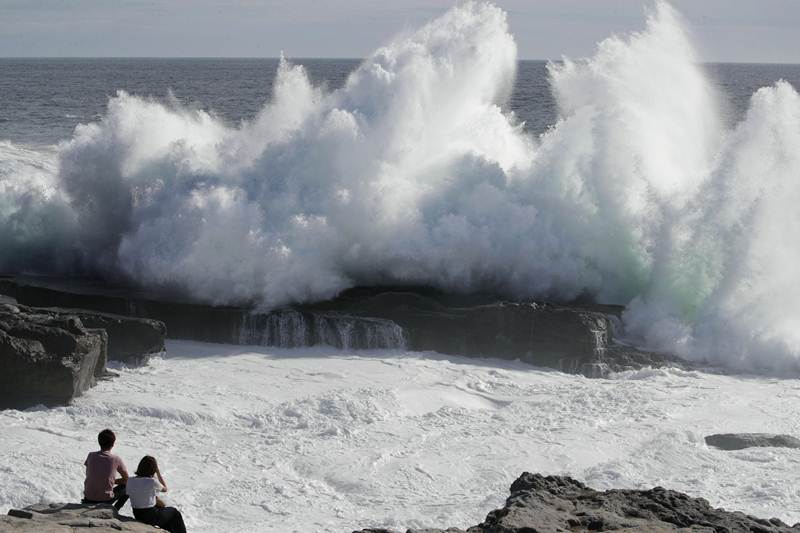
Typhoon Jebi, packing winds of up to 216 kilometres per hour, made landfall around midday in western Japan near areas still recovering from deadly record rains earlier this summer. (AP)
-
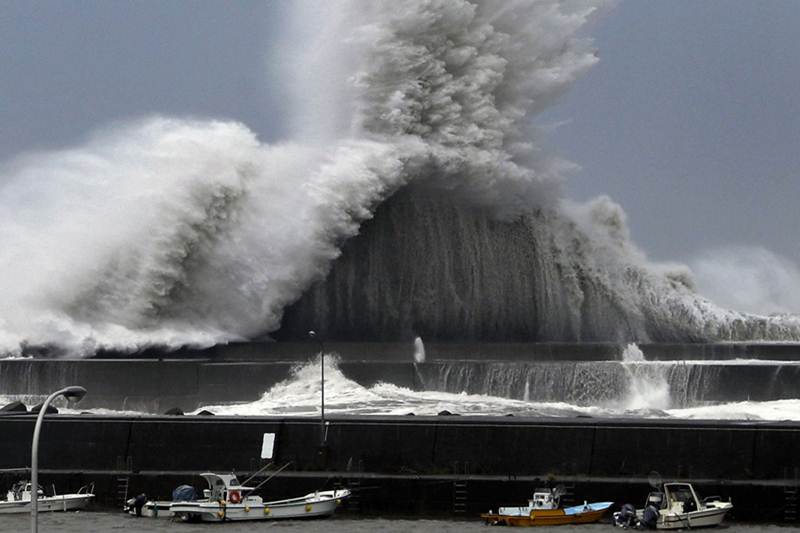
Local media warned that the wind speeds of Typhoon Jebi are strong enough to bring down traditional-style wooden houses and power poles, and urged people in affected areas to avoid non-essential travel. (AP)
-
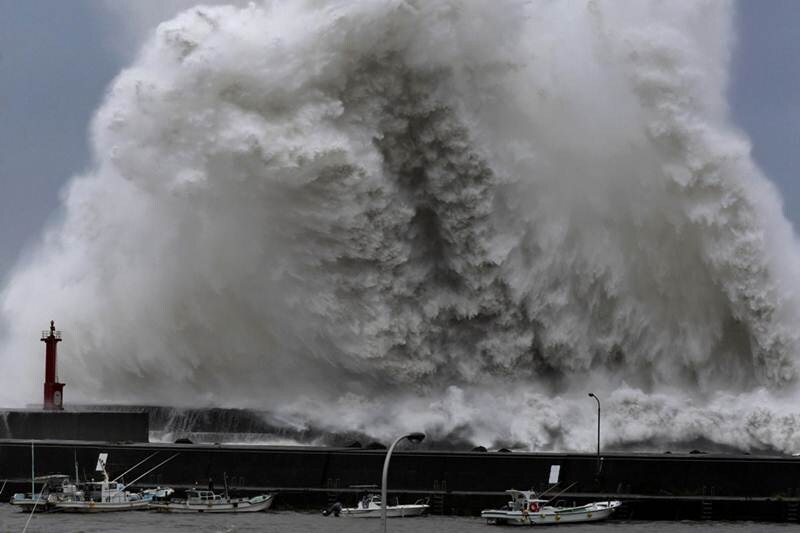
High waves triggered by Typhoon Jebi are seen at a fishing port in Aki, Kochi Prefecture, western Japan on Tuesday. (AP)
-
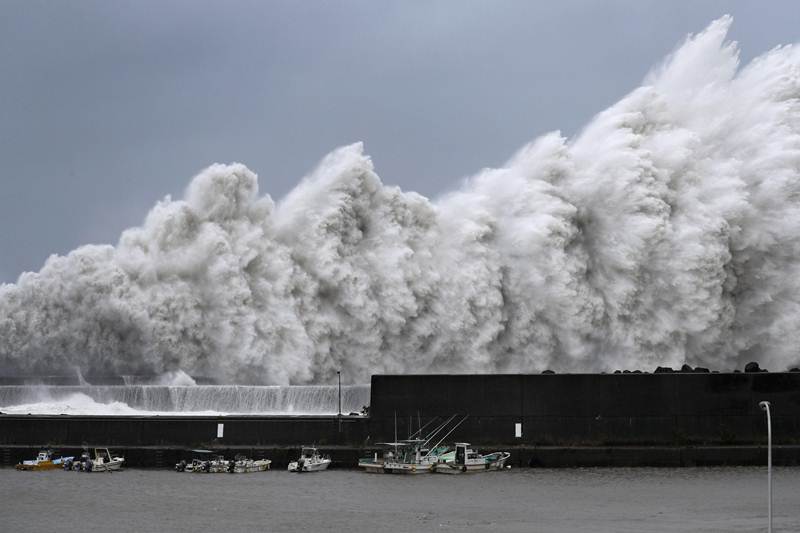
Warnings were issued by the weather agency on Tuesday about possible landslides, flooding and violent winds, as well as high tides, lightning and tornadoes. (Reuters)
-
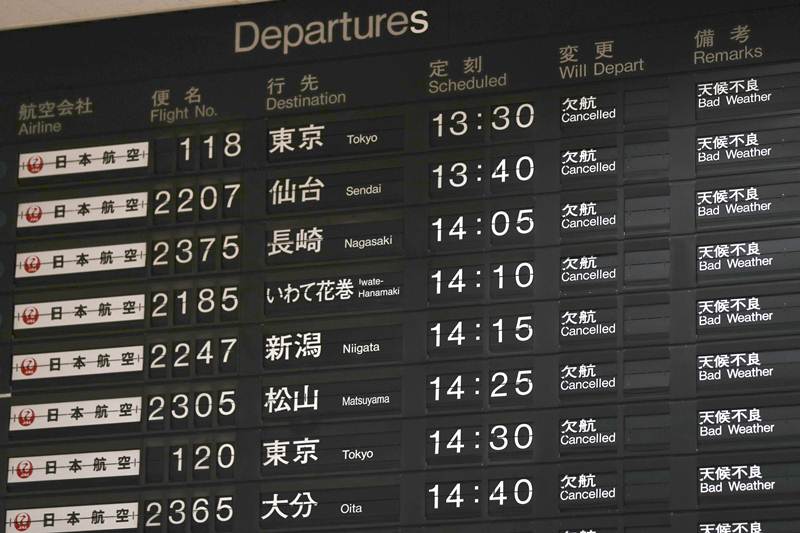
Nearly 600 flights were cancelled, including several international flights departing and arriving at Nagoya and Osaka, along with ferries connecting ports in western Japan. (AP)
-
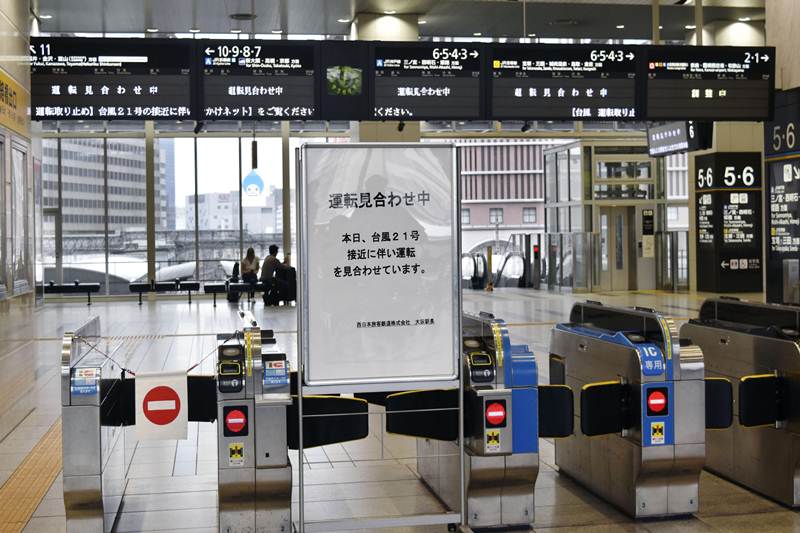
A notice informing cancelled trains is placed at the gates of Osaka Station in Osaka, western Japan on Tuesday. Heavy rain and crashing surf were striking western Japan, disrupting train service and air travel. (AP)
-
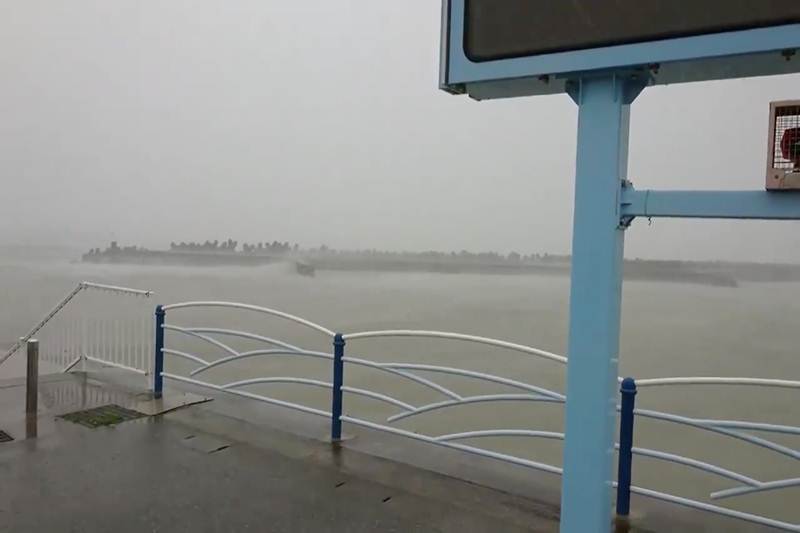
Primary and middle schools in affected areas are closed for safety reasons, while regional businesses also reacted quickly, with a major railway firm and Universal Studios Japan in Osaka shutting down for Tuesday. (AP)

e-Passport launched in India: Who can apply, how to apply, application fee, benefits, key security upgrades and more


